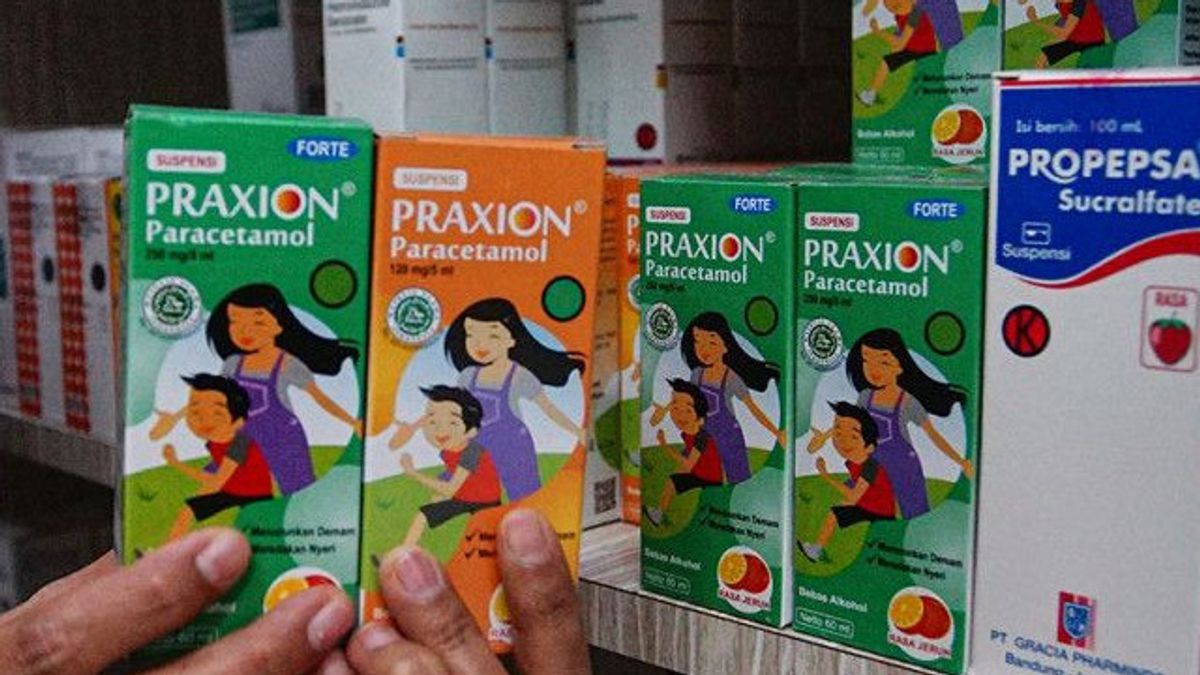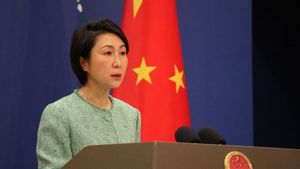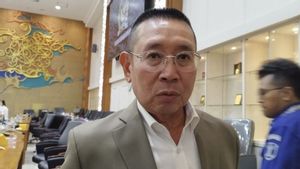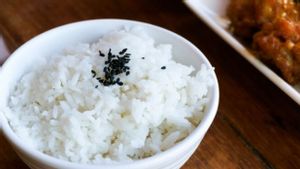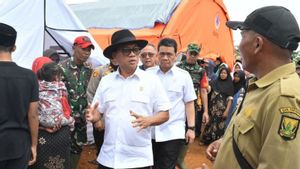Spokesperson for the Ministry of Health M. Syahril stated that one patient who was treated at the RSCM because he was suspected of a progressive atypical (GGAPA) acute kidney failure had been declared negative.
Previously, a 7-year-old child in Jakarta who was previously reported to have had a fever on January 26 and had complaints of not being able to urinate (anuria).
In addition, another suspected patient who was treated at Dr. Moewardo Hospital Surakarta, Central Java, was not included in the acute kidney failure category due to kidney failure caused by congenital disease.
"Both of them are not confirmed patients of GGAPA," said Syahril in his statement, Friday, February 10.
In the case of suspected cases in Jakarta, the child has a fever and consumes a hot reduction drug that is purchased independently. Then, on January 30, he received a reduction in tablet fever from the Puskesmas.
On February 1, patients seek treatment at the clinic and are given concoction medicine. On February 2 he was treated at the Kembangan Hospital, then referred, and is currently still undergoing treatment at the Jakarta RSCM.
Meanwhile, one confirmed case of GGAPA experienced by a 1 year old child. The child had a fever on January 25, 2023. The child was given a mild fever reduction drug purchased at a pharmacy by his cave person with the Praxion brand.
On January 28, the patient had a cough, fever, runny nose, and could not urinate (anuria) and was then taken to the Pasar Rebo Health Center, Jakarta, for examination, and on January 31 he received a referral to Adhyaksa Hospital.
Due to GGAPA symptoms, it is planned to be referred to the RSCM, but the family refused and went home forcibly. On February 1, parents decided to take the patient back to the Police Hospital and get treatment in the emergency room, and the patient had started urinating.
On February 1, the patient was then referred to the RSCM for intensive care as well as fomepizole therapy. However, 3 hours after being at the RSCM at 23.00 WIB, the patient was declared dead in a state of GGAPA confirmation.
Based on the results of a control case study conducted by the Ministry of Health in November against the GGAPA incident, it was found that children who took drugs containing EG/DEG above the threshold were at risk of experiencing GGAPA 13 times compared to children who did not take the drug.
Furthermore, Syahril appealed to people to still consult a doctor or pharmacist in consuming medicine. The public is also asked to always buy and obtain medicine in official facilities, namely pharmacies or health care facilities.
In addition, it is necessary to get used to the public so that they always read the rules for using drugs and record drug use so that drugs do not occur that exceed the predetermined dose.
"If the child is sick, don't give the drug independently without consulting a doctor. And parents need to be aware of the early symptoms that arise, such as complaints of urination (BAK), if there is a decrease in the number of BAKs or even cannot be BAKs at all, immediately take them to a referral hospital," explained Syahril.
The English, Chinese, Japanese, Arabic, and French versions are automatically generated by the AI. So there may still be inaccuracies in translating, please always see Indonesian as our main language. (system supported by DigitalSiber.id)
